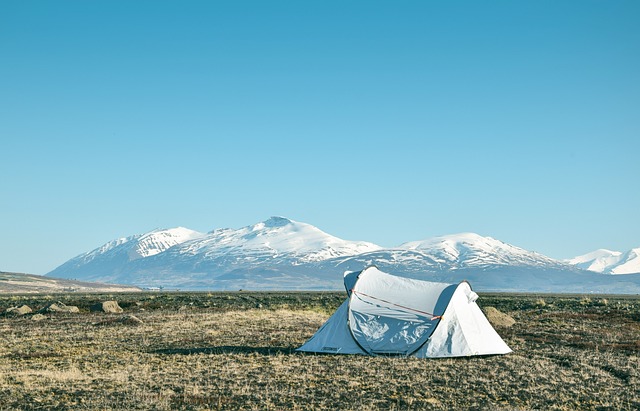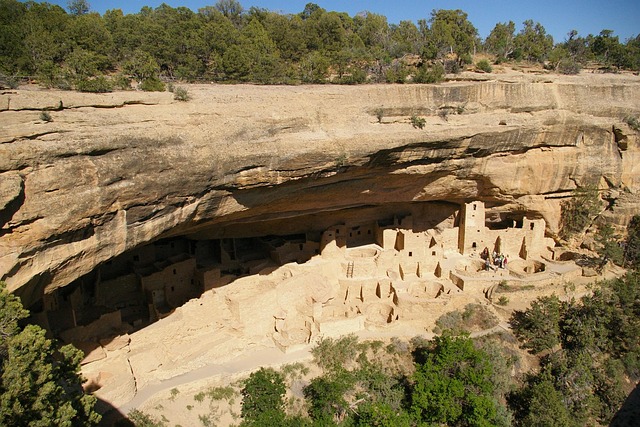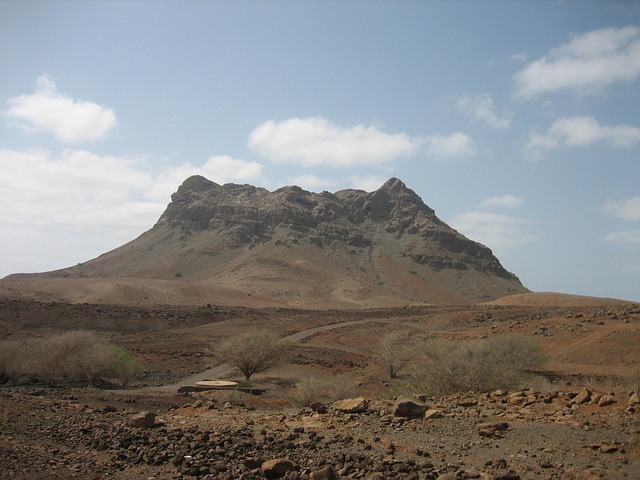The Verde Valley in Arizona offers a unique blend of historical farming heritage and modern real estate options, appealing to both traditional farmers and those seeking sustainable living. With diverse agricultural properties, advanced techniques, and eco-friendly practices, the region attracts buyers interested in scenic views, organic produce, and country charm. The valley's commitment to sustainability strengthens its brand in the market and could drive economic growth through increased demand for locally sourced food.
“Verde Valley, nestled in the heart of Arizona, boasts a rich agricultural heritage that continues to flourish. This region, once a vital food basket for early settlers, has evolved into a unique blend of historic farming traditions and modern real estate trends. With fertile valleys and diverse microclimates, it supports a vibrant farming community cultivating everything from organic produce to premium wines. Exploring the Verde Valley’s agricultural landscape offers a glimpse into its past while uncovering sustainable practices shaping its future, particularly in light of the thriving local real estate market.”
The Verde Valley Region: A Historical Agricultural Hub

The Verde Valley, nestled in the heart of Arizona, has long been renowned for its rich agricultural heritage. This region, with its fertile valleys and rolling hills, has been a veritable food basket for centuries, supporting diverse crops and livestock. Historically, the area’s agricultural prowess was driven by a combination of favorable climate, lush river valleys, and hard-working communities.
Today, this historical agricultural hub continues to thrive, albeit with a modern twist. The Verde Valley’s real estate scene reflects this evolution, with properties that cater to both traditional farming families and those seeking a closer connection to the land. From vast acreages ideal for large-scale agriculture to smaller plots perfect for hobby farms, the region offers something for every type of enthusiast. This blend of historical significance and contemporary opportunities makes the Verde Valley an attractive destination for those passionate about agriculture and the outdoors.
Modern Agriculture in the Heart of Arizona's Real Estate Scene

In the heart of Arizona’s vibrant landscape, the Verde Valley stands out as a thriving agricultural hub, seamlessly blending tradition with modernity. Today, this region is not just about lush farms and vast fields; it has also become an integral part of Arizona’s real estate scene. Modern agriculture in the Verde Valley has seen a remarkable transformation with advanced farming techniques, precision technology, and innovative practices that enhance productivity while preserving the natural beauty.
The area’s real estate market reflects this harmonious coexistence between agriculture and modern living. Prospective buyers are drawn to the scenic views, fresh produce, and the sustainable lifestyle offered by these agricultural properties. From eco-friendly homes nestled among fruit orchards to elegant estates with panoramic vistas of rolling hills, the Verde Valley provides a unique blend of country charm and urban accessibility, making it an attractive destination for those seeking a peaceful retreat or a profitable investment in Arizona’s thriving agritourism industry.
Sustainable Practices and Future Prospects for the Verde Valley's Farming Community

The Verde Valley’s farming community thrives on sustainable practices, ensuring the long-term health and productivity of their land. Local farmers embrace organic methods, preserving natural resources while producing high-quality crops. This commitment to sustainability not only benefits the environment but also strengthens the region’s unique brand in the real estate market, attracting buyers seeking locally sourced, eco-friendly products.
Looking ahead, the future prospects for Verde Valley agriculture are promising. As awareness of sustainable farming grows, there’s a potential increase in demand for sustainably grown produce, further solidifying the area as a premier agricultural hub. This could lead to new opportunities for farmers, including expanded markets and potentially higher returns on their investments, driving economic growth within the community.






